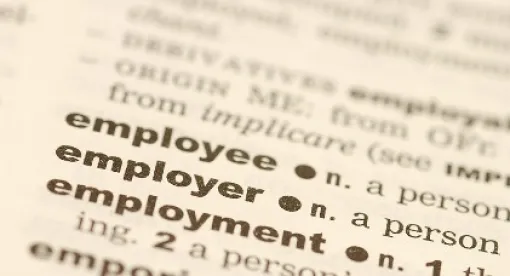In 2017, the Centers for Disease Control reported that more than one-third of U.S. adults are obese. But does that mean that one-third of U.S. adults are disabled? Not necessarily. The California Supreme Court decided twenty-five years ago in Cassista v. Community Foods, Inc.that obesity can qualify as a disability under the state anti-discrimination statute if it results from a physiological condition affecting a basic bodily system, and limits a major life activity. However, the California Court of Appeal’s recent decision in Cornell v. Berkeley Tennis Club seems to have eased a plaintiff’s burden of proving obesity qualifies as a disability.
The plaintiff in the case, Ketryn Cornell, who was objectively obese, was employed by the Berkeley Tennis Club (the “Club”) for more than 15 years, holding positions as a life guard, tennis court washer and pool manager during her tenure. She received positive performance reviews, raises, and bonuses until she was terminated for allegedly concealing a recording device when attempting to record a board meeting. Recording a private conversation without every participant’s consent is a crime under California law.
Ms. Cornell denied planting the recording device and sued the Club under the Fair Employment and Housing Act (FEHA) alleging, among other things, that the Club discriminated against her and harassed her because of her disability -- obesity. In support of her claims, Cornell produced evidence that her supervisor made several insensitive remarks and took several actions regarding her weight, including 1) suggesting that she undergo weight-loss surgery; 2) directing the kitchen staff not to give her extra food because “she doesn’t need it;” and 3) refusing her request that the Club special order a uniform that would fit as an accommodation. The trial court granted the Club’s motion for summary judgment, holding that Cornell failed to produce evidence that her obesity qualified as a disability.
The Court of Appeal reversed as to the discrimination and harassment claims. On the discrimination claim, the Court held that the Club failed to show that Cornell could not establish that her obesity had a physiological cause. Importantly, the Court found that a physiological cause could include a genetic cause and, to defeat summary judgment, it was sufficient for Cornell’s doctor to find a genetic cause based on nothing more than her body mass index. The Court also determined that the Club’s failure to adequately investigate the recording allegations and the discriminatory comments of her supervisor were sufficient evidence to defeat summary judgment.
As to the harassment claim, the Court found a triable issue as to whether the alleged harassment was sufficiently severe and pervasive. Although the supervisor’s inappropriate comments about Cornell’s weight, standing alone, were too isolated to preclude summary judgment, the Court also considered evidence that the supervisor reduced Cornell’s hours, passed her over for internal jobs, and paid her less. Taken together with the weight-based comments, the Court concluded this evidence was sufficient to preclude summary judgment on the harassment claim.



 />i
/>i

